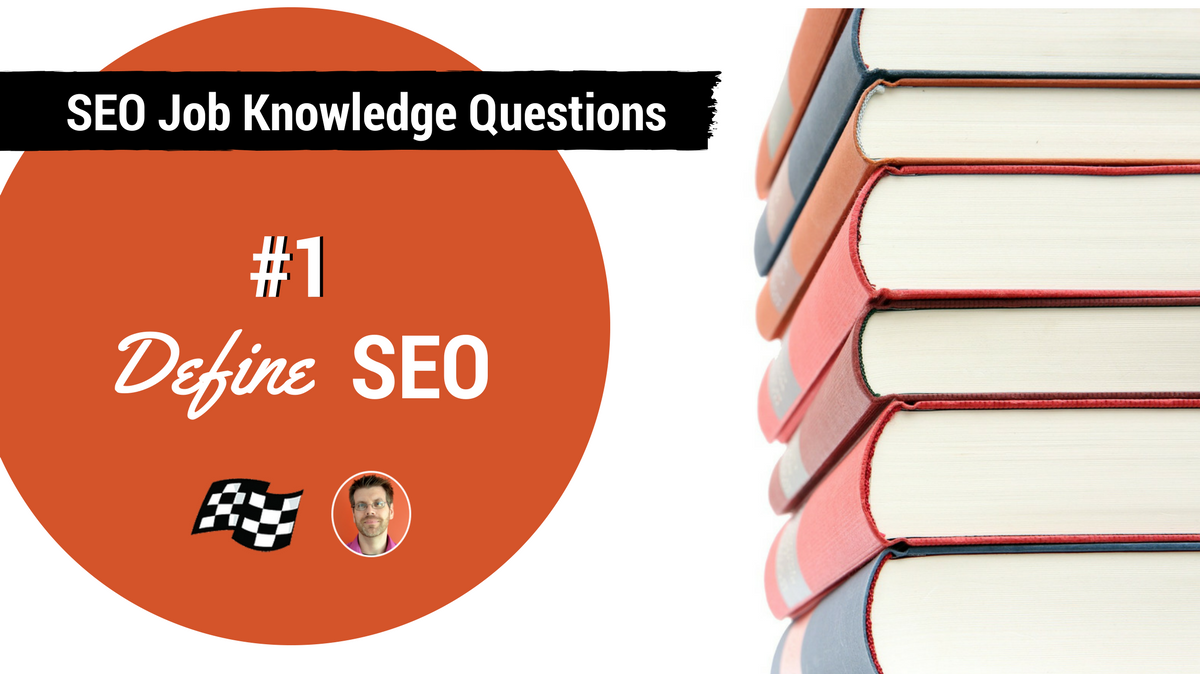 As hard as it is to assess ANY job candidate’s knowledge, it’s even harder with SEO candidates because there’s so much gray area in the industry. This blog series presents questions you can pose to help you determine a candidate’s level of knowledge.
As hard as it is to assess ANY job candidate’s knowledge, it’s even harder with SEO candidates because there’s so much gray area in the industry. This blog series presents questions you can pose to help you determine a candidate’s level of knowledge.
How do you define SEO?
When interviewing a job candidate for an SEO position, you want to establish a foundation of what the candidate believes the role of SEO to be. This ensures that the interviewee is applying for the position you have in mind or to see if you have two different ideas as to the nature of what will be expected of them.
Here’s how I would answer:
Traditionally, SEO is the process of optimizing a site to achieve better search engine exposure. Today, however, it’s a term that’s often interchangeable with “digital marketing” to encompass so much more.
On a base level, SEO focuses on two primary things: Content and code.
The content aspects involves focusing on things the site visitors see, namely the content of each page. This starts with keyword research and ends when pages are optimized, not just for those keywords, but also for the intent someone has when they search on that keyword.
The coding aspect focuses more on things visitors won’t see but will experience. Site performance issues are a key aspect of code optimization. The SEO will also make sure there is nothing hindering the search engines from finding or properly analyzing the site’s content. In short, their job is to remove as many barriers as possible for both the search engine and the visitor.
Now, going beyond search, the SEO should also pay attention to click-through rates, conversion rates, bounce rates, usability issues, and more. They may not be an expert in any of those areas, but they should be well versed enough to know when there is a problem. And have some ideas on how to fix it.
